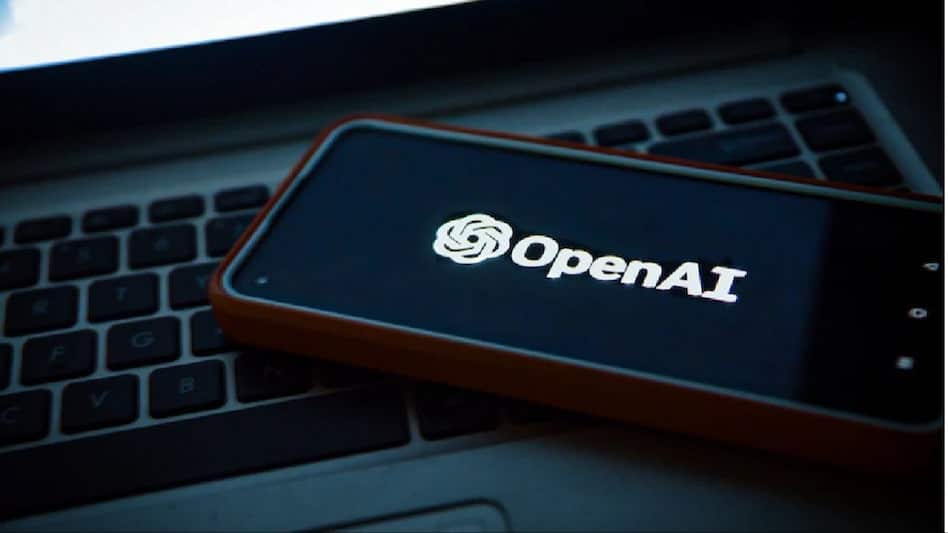In a recent decision, the US Patent and Trademark Office (PTO) dealt a blow to OpenAI by denying its application to register the term “GPT,” short for generative pre-trained transformer, as a trademark. The PTO deemed the term too generic for exclusive registration, citing concerns that trademarking it could hinder competitors from accurately describing their own products as utilising similar technology.
OpenAI contested this decision, arguing that “GPT” is not a purely descriptive term and that consumers would not immediately understand its meaning. However, the PTO remained firm in its stance, asserting that within the realm of technology, those familiar with the field understand “GPT” to denote a broad category of software rather than a specific product from OpenAI.
The proliferation of generative AI has led to the adoption of “GPT” in the names of various AI services, such as the AI detector startup GPTZero. Many companies also commonly refer to their foundational AI models as “GPTs” due to their nature.
The association of “GPT” with OpenAI gained traction with the popularity of ChatGPT and its AI models like GPT-3 and GPT-4. Even as OpenAI expanded its offerings and introduced distinct brand names like Sora for its text-to-video generation model, the term “GPT” remained closely linked to the company.
This is not the first time OpenAI has faced rejection in its attempts to trademark “GPT.” A similar denial occurred in May 2023. OpenAI may choose to appeal this latest decision to the Trademark Trial and Appeal Board in hopes of securing trademark status for “GPT” in the future.
Source: Business Today



![[CITYPNG.COM]White Google Play PlayStore Logo – 1500×1500](https://startupnews.fyi/wp-content/uploads/2025/08/CITYPNG.COMWhite-Google-Play-PlayStore-Logo-1500x1500-1-630x630.png)